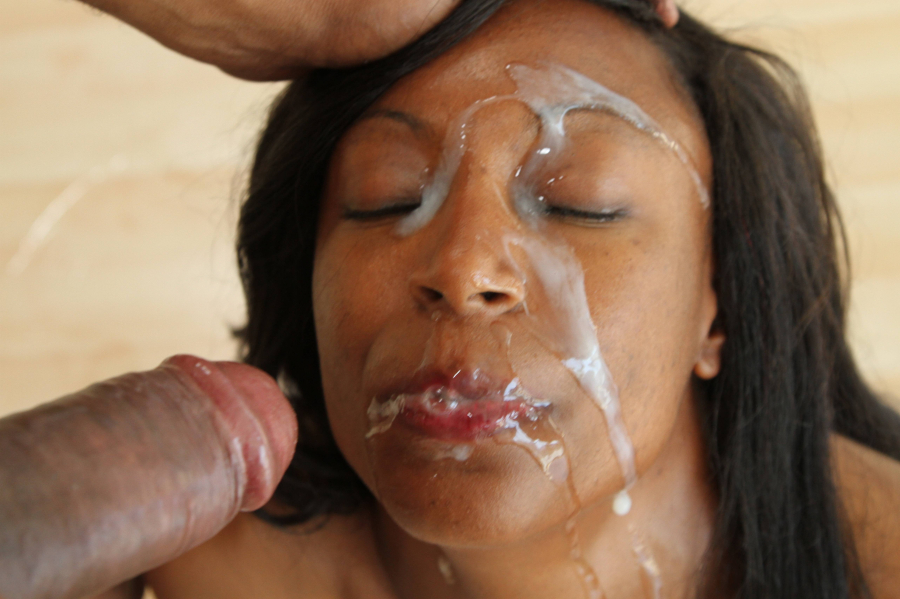The world is a tapestry of diverse cultures, ethnicities, and aesthetics, each contributing to the global mosaic of beauty. Among these is the striking allure of Black women, whose unique features have captivated the attention of many. This fascination, often misunderstood, is rooted in a blend of historical, cultural, and psychological factors that intertwine to create a profound appreciation for the beauty of Black women.
The Historical and Cultural Impact on Perception
The perception of beauty is heavily influenced by historical and cultural narratives. Throughout history, African culture has celebrated the beauty and strength of Black women. Traditional African art, music, and literature often depict women as symbols of fertility, power, and grace. This cultural reverence has permeated beyond the African continent, influencing global perceptions of beauty. In the Western world, the narrative has evolved significantly. Once marginalized and subjected to stereotypes, the beauty of Black women is now celebrated in mainstream media and fashion. Icons such as Naomi Campbell, Lupita Nyong'o, and Beyoncé have redefined beauty standards, showcasing the diverse and multifaceted nature of Black beauty. This cultural shift has played a crucial role in shaping the fascination and appreciation for Black women.

Psychological Factors: The Allure of Difference
One of the psychological factors contributing to the fascination with Black beauty is the allure of difference. Humans are inherently attracted to novelty and uniqueness, and this extends to our perceptions of beauty. Black women often possess distinct physical features such as rich skin tones, voluminous hair, and striking facial structures that stand out, offering a refreshing deviation from conventional beauty ideals. Moreover, the concept of "exoticism" plays a role. The term, though controversial, reflects the intrigue and mystery associated with what is perceived as unfamiliar or rare. This allure can be powerful, drawing individuals toward what they perceive as extraordinary and captivating.
The Role of Media and Representation
Media representation plays a significant role in shaping perceptions of beauty. In recent years, there has been a notable increase in the representation of Black women in television, film, advertising, and social media. This visibility not only challenges traditional beauty norms but also amplifies the visibility and acceptance of diverse beauty standards. Platforms like Instagram and TikTok have become powerful tools for showcasing the individuality and diversity of Black beauty. Influencers and content creators from the Black community are sharing their stories, beauty routines, and cultural heritage, allowing audiences to appreciate and understand the depth and richness of Black aesthetics.
Embracing Diversity: The Universal Appeal of Black Beauty
The fascination with Black beauty is not limited to physical attributes alone. It encompasses a broader appreciation for the cultural, intellectual, and emotional depth that Black women bring to the table. Their resilience, creativity, and strength are qualities that resonate universally, attracting admiration and respect. Men who are drawn to Black women often express a deep appreciation for their confidence, intelligence, and individuality. These traits, coupled with their striking beauty, create a powerful and irresistible combination that transcends superficial attraction.
Understanding and Celebrating Black Beauty
It is essential to approach the fascination with Black beauty with understanding and respect. Celebrating Black beauty means embracing its complexity, recognizing its historical context, and appreciating it as an integral part of the global beauty narrative. At the heart of this fascination lies the recognition of Black women’s contributions to society, culture, and art. By valuing these contributions and supporting representations of Black beauty in all its forms, we foster a more inclusive and appreciative world. The enchantment of Black beauty is a testament to the richness of human diversity. It challenges us to broaden our understanding of beauty beyond conventional norms and to celebrate the uniqueness that each culture brings. In doing so, we not only appreciate the allure of Black women but also cultivate a deeper respect for the diversity that defines our world.
